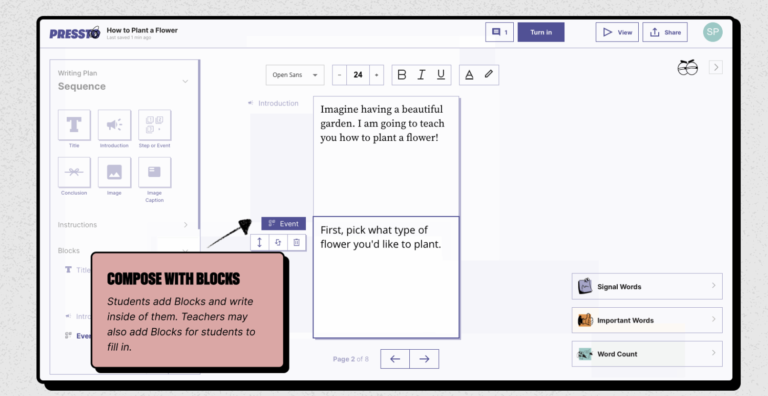Writer’s Block? Just Write!
Writer’s block is a common experience that can be frustrating and demoralizing for writers. It refers to a difficulty or inability to produce written material, even when there is a desire to do so. While the exact cause of writer’s block is not well understood, it is thought to involve a combination of cognitive, emotional, and behavioral factors.
From a neuroscience perspective, writer’s block may be related to disruptions in the brain’s executive function and creativity network. The executive function network, which includes the prefrontal cortex and the anterior cingulate cortex, is involved in planning, organizing, and initiating actions. The creativity network, which includes the default mode network and the salience network, is involved in generating and evaluating new ideas.
Research has shown that when these networks are functioning effectively, writers are more likely to produce written material that is coherent, original, and well-organized. However, when these networks are disrupted or not functioning optimally, writers may struggle to generate ideas, stay focused, or organize their thoughts, leading to writer’s block. By understanding the underlying brain processes involved in writing, writers can better understand how to overcome writer’s block and improve their writing performance.
One solution to writer’s block is to simply write more. This approach involves setting aside time each day or week to work on your writing, even if you don’t feel particularly inspired or motivated. By making writing a regular part of your routine, you can get into the habit of producing written material and may find that your writer’s block starts to dissipate.
Here are a few tips for using this approach:
- Set a writing schedule: Choose a specific time and place to work on your writing each day or week. This could be first thing in the morning, during your lunch break, or after dinner.
- Set a goal for each writing session: Rather than trying to write a certain number of words or pages, focus on a specific task or goal for each writing session. This could be brainstorming ideas, outlining a chapter, or revising a paragraph.
- Don’t worry about perfection: Remember that the goal is simply to write more, not to produce a perfect piece of writing. Don’t worry about making mistakes or getting stuck – just focus on getting your ideas down on paper.
- Take breaks: It’s important to take breaks and give yourself time to recharge. Consider setting aside time for other activities that you enjoy, such as exercising or spending time with friends and family, to help you stay motivated.
By writing more regularly, you can build your writing stamina and develop a habit of producing written material. This can help you overcome writer’s block and improve your writing skills.
Learn more about Pressto AI







